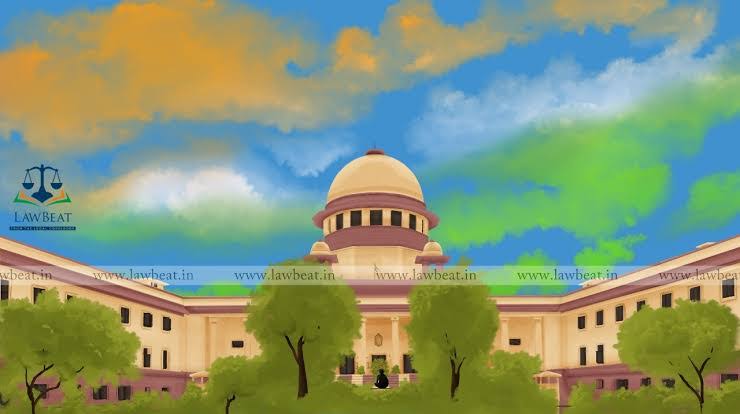Victim Compensation Cannot Be Decided At Stage Of Grant Of Bail: Supreme Court Sets Aside Bail Condition Of Rs 2 Lac

Supreme Court in its judgment dated July 7, observed that in cases of offences against body, compensation to the victim should be a methodology for redemption and that the compensation can hardly be determined at the stage of grant of Bail. Court clarified that setting aside bail condition of paying Rs 2 Lac shall not mean in any manner, that monetary condition cannot be imposed as a part of Bail Order.
A Division Bench of Justice SK Kaul and Justice Hemant Gupta, while allowing the appeal, said,
“We consider it appropriate to impose the same terms and conditions for grant of bail upon the appellants and set aside condition (f) of the bail requiring the appellants to deposit Rs 2 lakh each towards compensation to the victims before the trial court and the consequential orders for disbursement.
This condition is instead to be substituted with the condition that the appellants will not enter the geographical limits of Amreli for a period of six (6) months except for marking presence before the concerned police station and to attend the court proceedings.”
In a free fight that took place on November 10, 2019, two persons succumbed to their injuries and an FIR was lodged the following day.
13 persons were charged under Sections 302, 307, 324, 323, 506(2), 504, 143, 144, 147, 148, 149, 120B and 34 of the IPC as well as Section 135(ii) of the Gujarat Police Act.
The appellants were enlarged on Bail by the Trial Court on December 15, 2020, however, the Court imposed a bail condition requiring them to deposit Rs 2 Lac each, as compensation to the victims, within a period of 3 months.
Issue before the Top Court was precisely whether compensation to victim at the stage of Bail, permissible under the provisions of CrPC or not.
Counsel for the appellant relied on Section 357 CrPC, to submit that such compensation can only arise after the conclusion of Trial, and since the same is still pending, the conviction is still awaited, there can be no such direction by the learned Trial Court. Reference was further made to Sections 235(2), 250(1), CrPC.
In Palaniappa Gounder v. State of TN, it was opined by the Top Court that while fixing compensation, certain factors must be taken into account, such as, nature of the crime, injury suffered, justness of the claim, the capacity to pay. Further, these aspects would be considered only after the person “convicted”, is given a fair opportunity to defend himself post-conviction, on sentence.
Case Title: Dharmesh v. State of Gujarat
